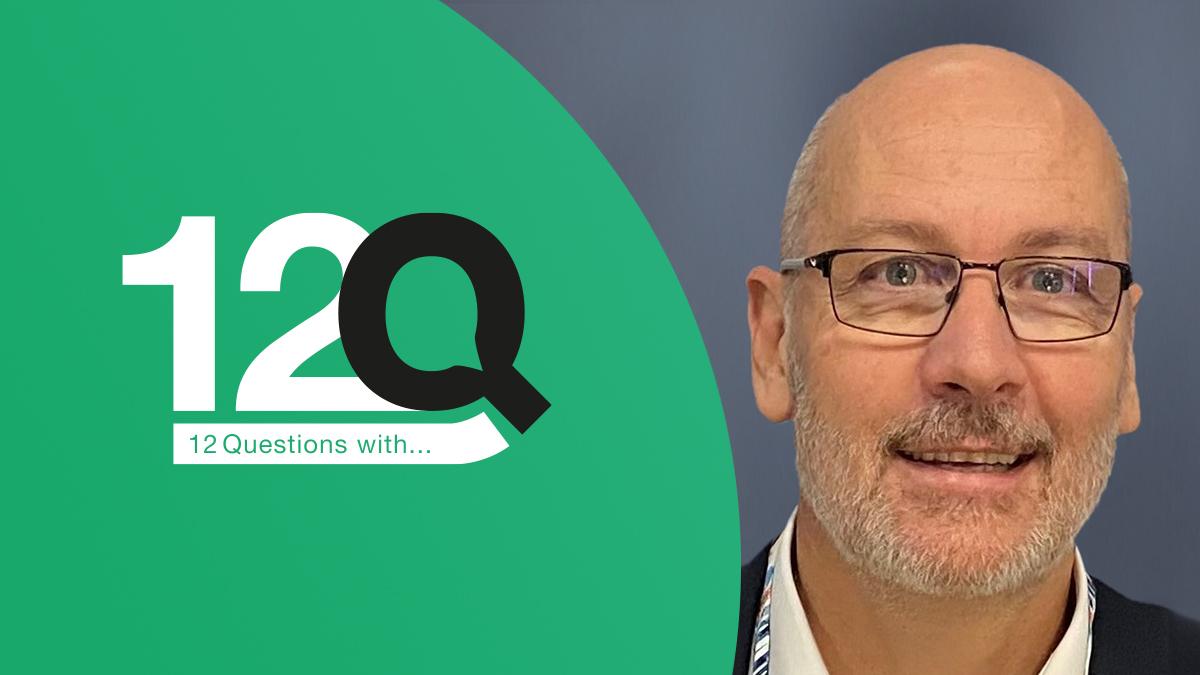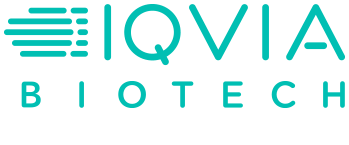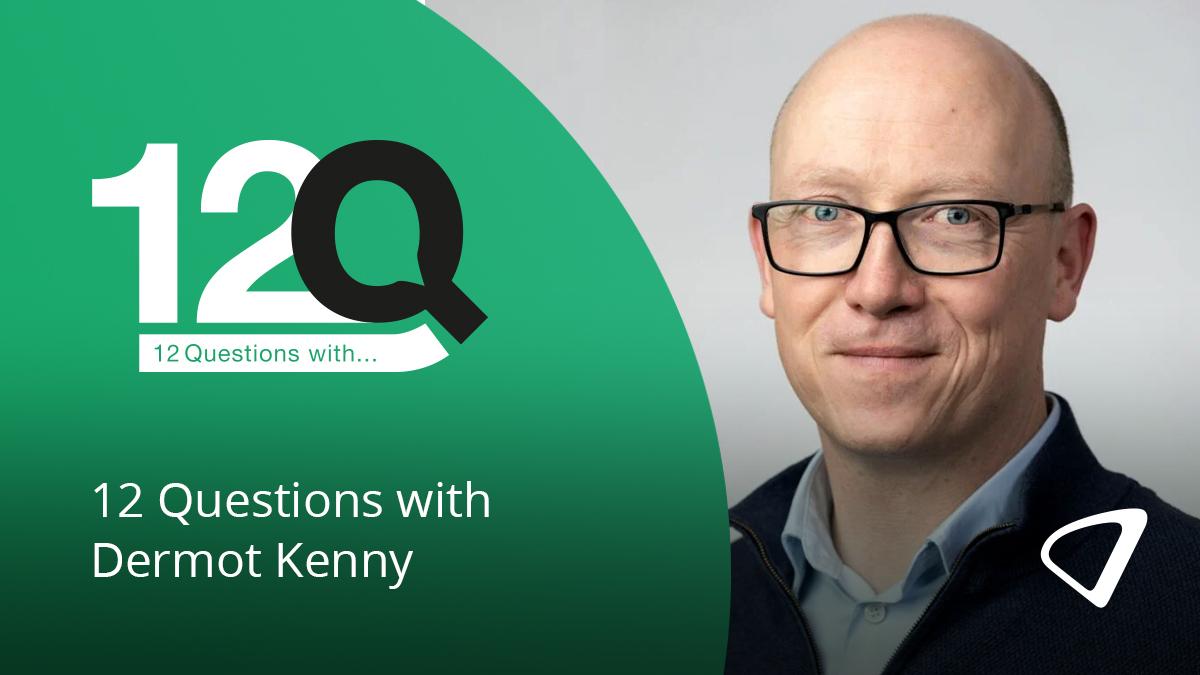12 Questions with Gerhard du Toit

As Global Head of Oncology for IQVIA Biotech, Gerhard du Toit manages all aspects of oncology clinical trials, optimising strategies and enhancing delivery from early to late phases. With more than 28 years of experience in project, clinical, and data management, he has led teams across 56 countries. Du Toit is committed to ethical, compliant solutions that prioritise patient safety and meet GCP requirements. He has worked for several global clinical research organisations and previously led a team of 1,200 professionals. Du Toit holds a Bachelor’s degree in Mathematical Statistics from the University of Orange Freestate in South Africa.
What is your background prior to this role and how did it prepare you for the work you do now? My journey began 28 years ago as part on a non-profit organisation in Bloemfontein, South Africa. With my background and training in mathematical statistics and during a stage where alternative resources were sought outside of the traditional powerhouse countries, opportunities came about which were life-changing. Gaining global experience, understanding different cultures, and truly making a difference in peoples’ life expectancy, became a reality. Since my start in the industry, I always found myself on the clinical research side, holding multiple positions in data management, statistical analysis, clinical monitoring, and business development, but my true love is project management, which I have been part of for the past 17 years. I am currently in a privileged position to serve as the global head for oncology within IQVIA Biotech.
What is your proudest professional accomplishment to date? Reflecting on the past 28 years, what stands out was being part of a life-changing drug approval for a rare patient population. One can never underestimate the strength of a truly transparent partnership, may that be on an individual basis, as a service provider, or with key opinion leaders, and these rare moments are always so much more rewarding being part of a team of professionals that has the same passion and vision.
What motivates you about working in pharma? The patient, and the individuals in their life affected by their medical situation, motivate me every day. Listening to the patients’ voice or feedback from investigators makes you humble, but also gives you an understanding of the hope you can bring to their life and the importance your daily tasks play on this process.
What do you see as the biggest challenges facing the industry right now? Financial pressure, development costs, margin pressure, and rising inflation has derailed many promising opportunities in our industry.
What excites you most about current industry trends? The quality of development and the immense amount of new compound developments in the biotech sector. I think we are privileged to be part of an immense growth period, with new breakthrough drug approvals that we have never seen before.
How do you promote patient-centricity in your workplace? Coming from a very diverse country and understanding the complexities of truly supporting the patient’s needs, our industry tends to focus on a patient-centric model that enhances every person in need of medical help. In our organisation, we have multiple strategies to bring solutions to the patients, not only in medical facilitation, but also to their home. Information sharing, support, and giving hope to patients that might have been potentially “excluded” in the past, is part of our daily initiatives and long-term strategy.
What has changed most about the industry since the start of your career? The most significant change has been the accelerated pace of execution and the heightened expectation for immediate resolution. Advances in technology have revolutionised every aspect of development, from data collection and cleaning to communication and overall availability. This has dramatically sped up drug and pipeline development, emphasising the urgency of bringing drugs to market more quickly. Consequently, this rapid pace has placed considerable pressure on the industry and its resources.
What do you think pharma will look like in 15 years? 50 years? Our industry will look completely different with the quality of data coming directly from the patients. It will be at the forefront of pipeline identification. I truly believe that accessibility to advanced medicine will and should be equal to all people in the world, irrespective of status or where they live. The foundations to make this a reality are starting to become visible.
What advice would you give to a young person starting out in your field? Plan your own career. Don’t be afraid to learn. Create a network and build relationships, and celebrate the successes, as millions of lives might be impacted based on your contribution.
What sports do you follow and who do you root for? As a passionate sports enthusiast, I appreciate both individual skill and the camaraderie of team sports. While I enjoy watching a variety of sports, my favourite is Rugby Union. I root for the South Africa National Team, the Springboks. They are four-time world champions and epitomise strength, skill, and the will to win. The Springboks are not only a formidable team feared by many, but they have also united the nation on numerous occasions.
If you could have any job other than the one you have now, what would you choose? Architect. The art of designing a functional and beautiful building that will be admired for decades to come must be gratifying.
How do you manage health, fitness, and wellness in your life? We are quite an active family: running, hiking, surfing – anything outdoors. My three daughters push me to stay fit and usually come up with a 10km or 20km running challenge. Mental fitness is as important, and staying in the moment is a constant theme in our family.
Connect with Gerhard du Toit on LinkedIn.











